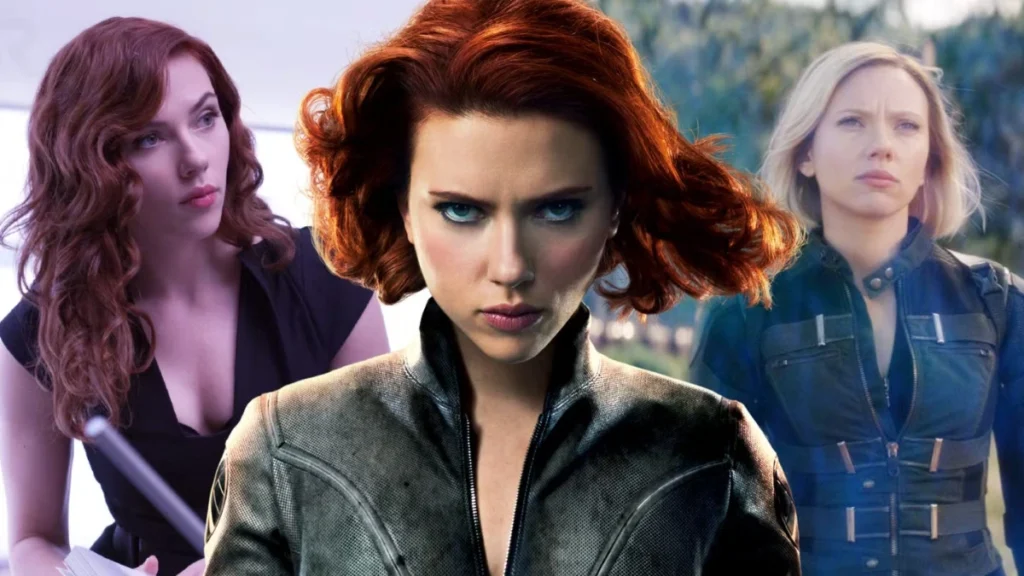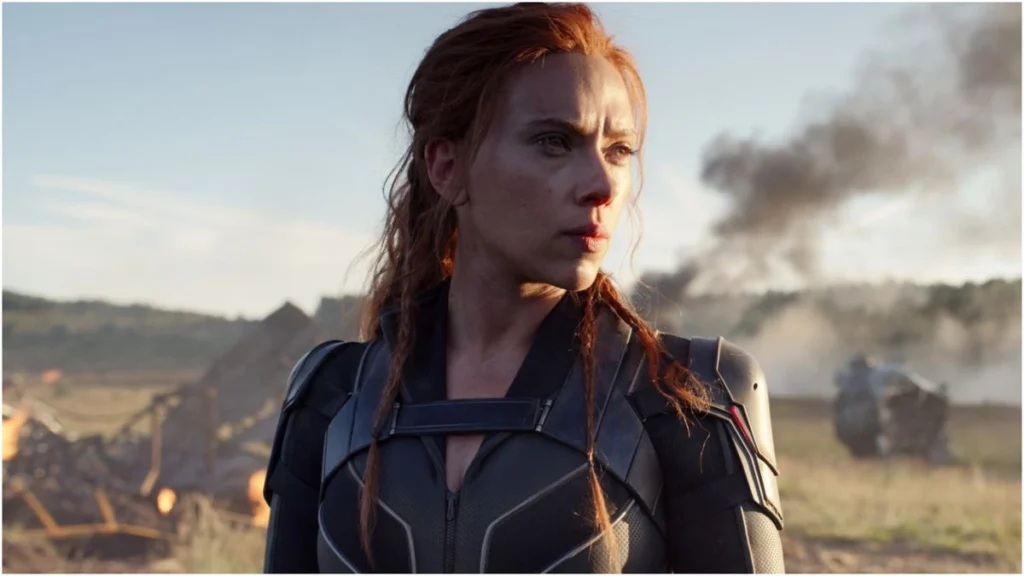Black Widow’s past influences her role on the team
Natasha Romanoff, better known as Black Widow, is one of the most layered and intriguing characters in the Marvel Universe. A former KGB operative turned Avenger, her past as an assassin and spy has profoundly influenced her abilities and role within the superhero team. From her tactical skills to her complex emotional struggles, Black Widow’s past adds significant depth to her character, shaping her leadership style and interactions within the Avengers.
Table of Contents
ToggleEarly Life: From Orphan to Operative
Born Natalia Alianovna Romanoff, Natasha’s early life was marked by tragedy and transformation. As a baby, she was rescued from a burning building by a Russian soldier named Ivan Petrovitch, who became her adoptive guardian. While her exact lineage remains uncertain, some speculate she is connected to the Romanov dynasty, the last ruler of imperial Russia.
Natasha’s childhood was far from ordinary. She was soon inducted into intense training programs, including combat sessions with Logan (later Wolverine). Their bond grew strong, with Natasha affectionately calling him “Uncle.” During World War II, Baron von Strucker and his organization, “The Hand,” abducted her, but were later rescued by Logan and Steve Rogers (Captain America).
Eventually, Natasha was recruited into the KGB’s infamous Black Widow program, where she underwent rigorous training in the Red Room. This covert facility subjected orphaned girls to brutal physical and psychological conditioning, including advanced combat, espionage, and even ballet. As part of the program, Natasha was sterilized to ensure complete focus on her missions. Enhanced with the Soviet version of the Super Soldier Serum, Natasha gained extraordinary agility, reflexes, and durability, propelling her to the elite ranks of the KGB before defecting to S.H.I.E.L.D. and joining the Avengers.

Black Widow’s Past Influences Her Role on the Team
1. Tactical Expertise
Natasha’s extensive KGB agent training gave her unparalleled tactical and strategic skills. Her expertise in hand-to-hand combat, marksmanship, and infiltration makes her an invaluable member of the Avengers. Unlike many of her teammates who rely on raw power or advanced technology, Black Widow excels in covert operations, reconnaissance, and sabotage. Her ability to anticipate threats and navigate high-risk scenarios with precision ensures the Avengers often have the upper hand in critical missions.
As a strategist, Natasha’s spy background allows her to approach situations with a level of nuance that others might overlook. She frequently leads covert missions, gathering intelligence and executing plans that require subtlety and discretion. This skill set positions her as a behind-the-scenes leader who contributes significantly to the team’s success.
2. Emotional Barriers and Trust Issues
One of the defining aspects of Natasha’s character is her struggle with trust and vulnerability. Years of deception and manipulation during her time in the Red Room left her with deep psychological scars. The mental conditioning she endured as part of the Soviet-era program created barriers that made it challenging for her to fully connect with others.
This wariness is evident in her interactions with the Avengers during her early days on the team. Natasha often keeps her distance, unsure if she belongs in a group that values camaraderie and loyalty. Her internal conflict manifests in key moments when the Avengers face moral dilemmas, highlighting her hesitancy to trust others completely. While she gradually forms bonds with teammates like Captain America, Tony Stark, and Hawkeye, these relationships are often fraught with complexity.
3. Redemption and Moral Complexity
Black Widow’s past journey is deeply rooted in her quest for redemption. Haunted by the lives she’s taken and the morally ambiguous choices of her past, Natasha is driven by a desire to atone. This personal mission adds a compelling moral dimension to her role within the Avengers.
Despite her stoic exterior, Natasha often serves as the team’s moral compass. Her past experiences give her a unique perspective on the consequences of violence and the complexity of ethical decision-making. She frequently challenges her teammates’ views, offering solutions that acknowledge the gray areas of morality. Natasha’s ultimate sacrifice in Avengers: Endgame exemplifies her commitment to redemption, solidifying her legacy as one of the team’s most introspective and selfless members.

4. Leadership from the Shadows
Although not a conventional leader like Captain America or Iron Man, Black Widow’s leadership style is subtle yet impactful. She operates from the shadows, influencing outcomes through her knowledge, experience, and strategic brilliance. Her ability to coordinate missions, manage risks, and guide teammates through delicate situations highlights her effectiveness as a behind-the-scenes leader.
Natasha’s training in espionage equips her to handle high-pressure scenarios that require discretion and emotional intelligence. Whether orchestrating undercover missions or mediating conflicts within the team, she excels in roles that demand patience and insight. Her leadership is characterized by pragmatism and adaptability, traits that make her indispensable in both combat and diplomatic situations.
5. Balancing Guilt and Duty
At the core of Natasha’s role within the Avengers is the tension between her past actions and her present responsibilities. Her time in the Red Room and her years as an assassin weigh heavily on her conscience, fueling a deep sense of guilt. This emotional burden often influences her decisions, motivating her to take on the most dangerous missions and make difficult sacrifices to prove her worth.
Natasha’s internal struggle is a driving force behind her growth as a character. She continuously battles to reconcile who she is with who she strives to be, creating moments of vulnerability that humanize her amidst the larger-than-life heroes of the Avengers.
6. Relationships Within the Team
Black Widow’s past also profoundly affects her relationships with her teammates. Her bond with Clint Barton (Hawkeye) is particularly notable, as it reflects a deep trust forged through shared experiences. While Hawkeye’s unwavering support provides Natasha with a sense of stability, her inability to fully open up often prevents her from forming equally close connections with others.
Her interactions with characters like Tony Stark, Steve Rogers, and Bruce Banner highlight her struggle to navigate trust and vulnerability. Although an effective team player, Natasha often feels like an outsider due to her secretive nature and the weight of her past. These dynamics add layers to her relationships, emphasizing her complexity as both a teammate and an individual.
Conclusion
Black Widow’s past as a KGB operative, assassin, and spy is central to her identity and role within the Avengers. Her tactical expertise, emotional depth, and relentless quest for redemption make her an irreplaceable member of a team. While her history carries significant emotional baggage, it also drives her growth and transformation, proving that even the darkest pasts can lead to acts of heroism. Natasha Romanoff’s journey is one of resilience, sacrifice, and the enduring struggle for redemption, cementing her legacy as one of the most compelling characters in the Marvel Universe.
